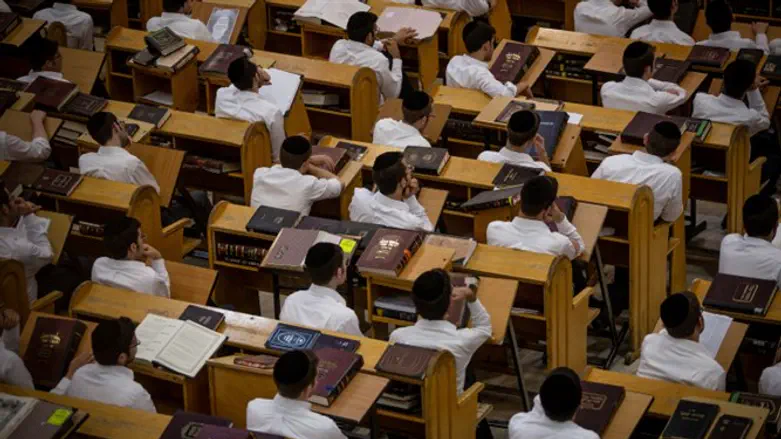
Yeshiva Yesodei Hatorah (YYH), a yeshiva in Toronto, Ontario, is taking the Ontario government and Toronto’s medical officer of health to court, claiming that COVID-19 restrictions have violated the religious rights of their students, reported the Canadian Jewish News.
YYH filed documents with the Ontario Superior Court of Justice on May 20 asking for lockdown regulations to be rescinded under the Charter of Rights and Freedoms.
In the 24-page legal brief, YYH argued that lockdown mandated remote learning “failed to recognize the impossibility of providing adequate remote education and religious services to its unique school population.”
Students of YYH follow a “highly Orthodox” curriculum and are only accepted if they and their families agree to the yeshiva’s “rigorous adherence to religious principles and practices” and this includes a rejection of the Internet – with its “explicit, immoral and destructive material that threatens the core belief system YYH seeks to instill in its students,” YYH argued in its court filing.
Registered families have to sign an “Internet contract” each year which blocks its “destructive and negative influence in the Jewish home,” according to the document.
Due to YYH’s religious stance against the Internet, there is no way that the institution can deliver a religious education remotely through Internet-based conferencing apps such as Zoom.
YYH wrote that this leaves the yeshiva at an “tremendous disadvantage” as the only modality open to them is learning by telephone – “a grossly inadequate substitute.”
Current lockdown restrictions in effect in Toronto since May 10 have closed loopholes that were used by religious schools to continue to hold small religious services using safety protocols.
In April, YYH and two other Orthodox day school’s were reported to health authorities by local city councillor Michael Colle.
YYH argued that the new restrictions unfairly impacted its ability to hold religious services for small groups of 10 in full compliance with public health laws.
